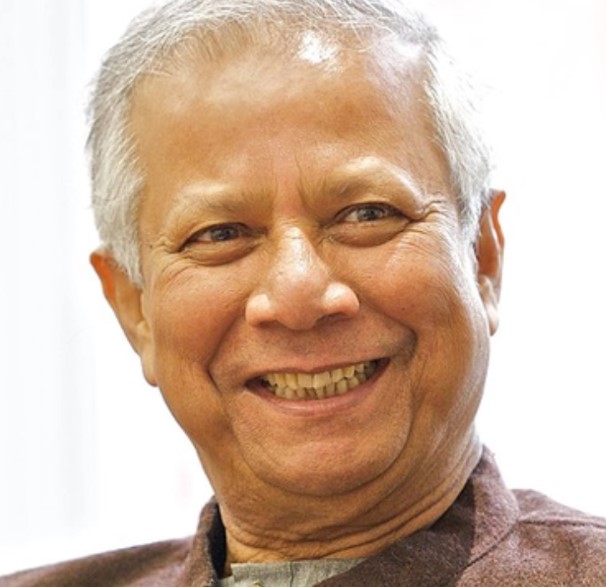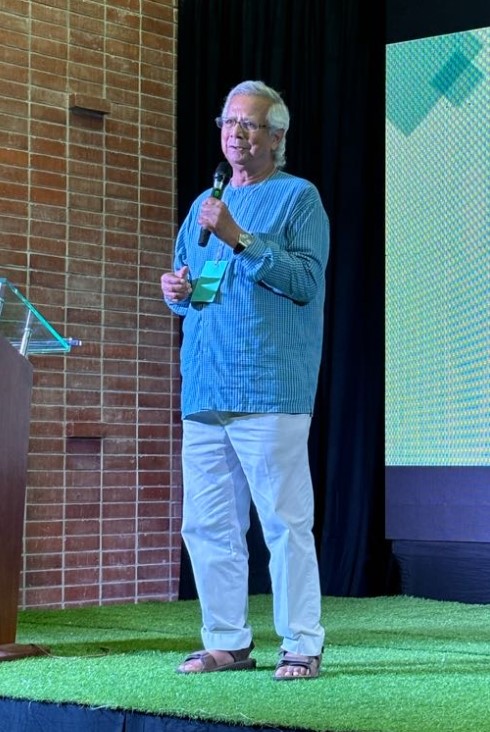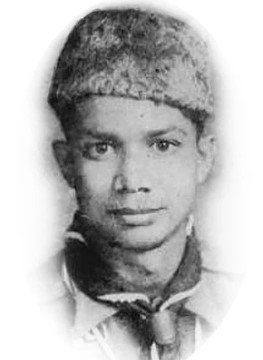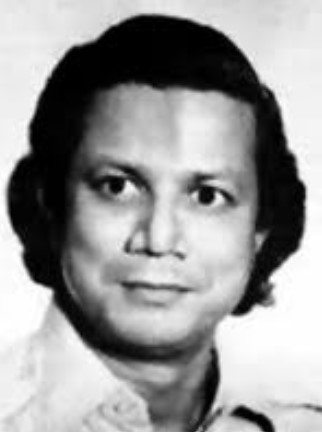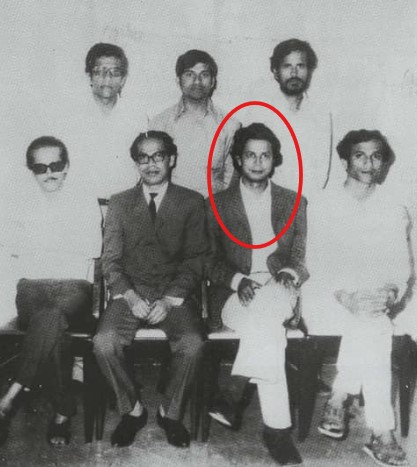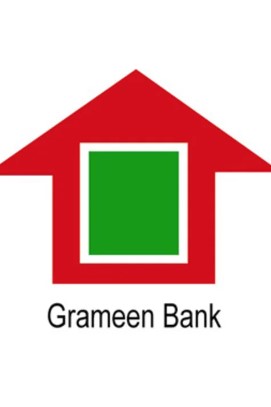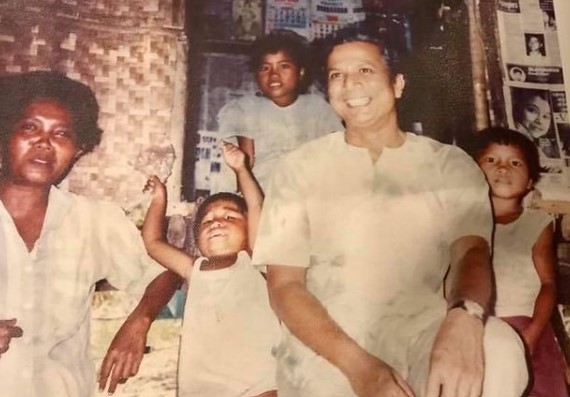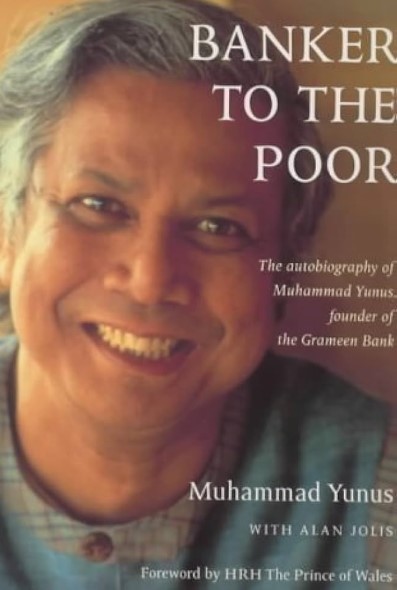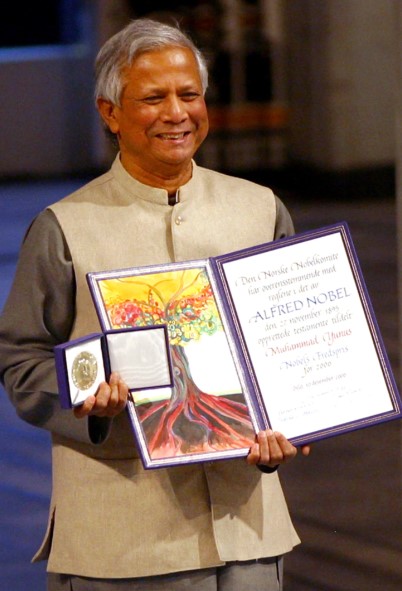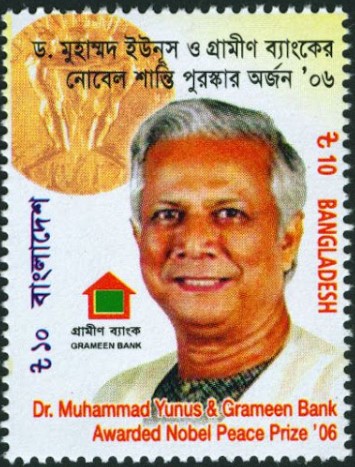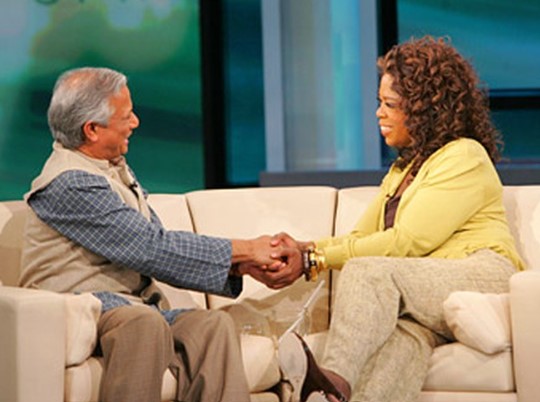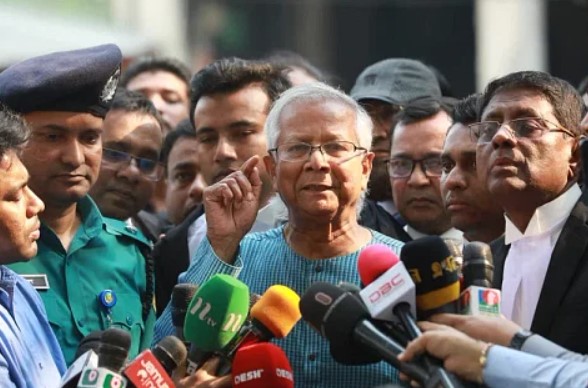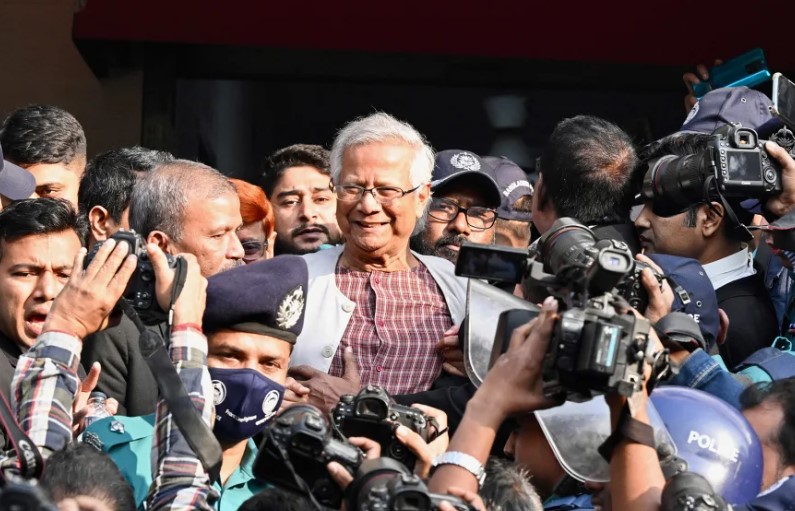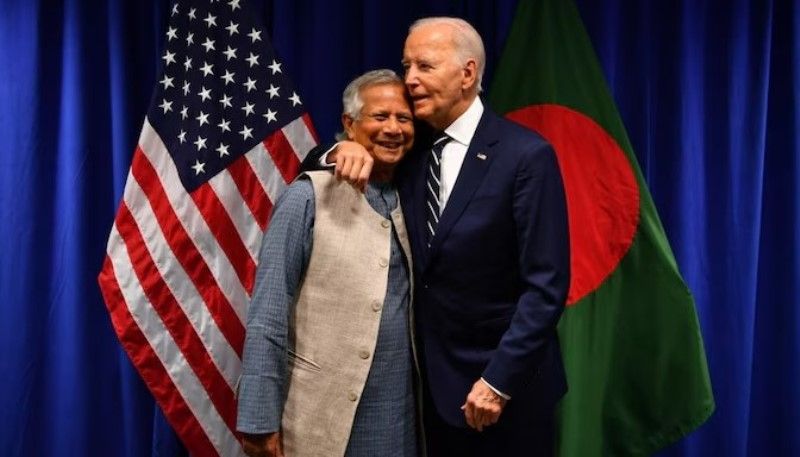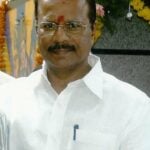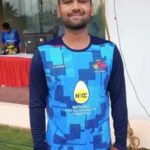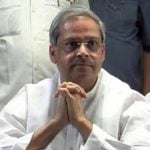Muhammad Yunus Age, Wife, Family, Biography
Quick Info→
Wife: Afrozi Yunus
Age: 84 Years
Hometown: Chittagong, Bengal, British India
| Bio/Wiki | |
|---|---|
| Profession(s) | • Economist • Banker • Entrepreneur |
| Physical Stats | |
| Height (approx.) | 5' 5" (165 cm) |
| Eye Colour | Black |
| Hair Colour | Salt & Pepper |
| Politics | |
| Political Party | Independent |
| Political Journey | 2024: Head-elect of the Interim Government of Bangladesh |
| Academic Work | |
| Discipline | Economics |
| School/Tradition | • Microcredit • Social Business |
| Notable Works | • Grameen Bank • Microcredit • Social Business |
| Awards, Honors, Medals, Achievements | • Ramon Magsaysay Award, Philippines (1984) • Independence Award (1987) • Humanitarian Award, CARE, USA (1993) • Mohamed Shabdeen Award for Science (1993) • World Food Prize (1994) • International Simon Bolivar Prize (1996) • Sydney Peace Prize (1998) • Indira Gandhi Peace Prize (1998) • King Hussein Humanitarian Leadership Award (2000) • Ashoka: Innovators for the Public Global Academy Member (2001) • Volvo Environment Prize (2003) • Nikkei Asia Prize for Regional Growth (2004) • Franklin D. Roosevelt Freedom Award (2006) • One of The 25 Most Influential Business Persons of the Past 25 Years by Wharton School of Business in Philadelphia (2006) • Nobel Peace Prize (2006) • Seoul Peace Prize (2006) • One of the top 12 business leaders, including him among "60 years of Asian Heroes" by Time Magazine (2006) • Presidential Medal of Freedom (2009) • The most influential thinkers by Foreign Policy magazine (2009) • Congressional Gold Medal (2010) • Listed 40th among "The World's 50 Most Influential Figures by New Statesman (2010) • He has received 50 honorary doctorate degrees from universities in 20 countries and 113 international awards from 26 countries. • One of the 12 greatest entrepreneurs of the current era by Fortune Magazine (2012) • Prince of Asturias Award for Concord (2012) • Olympic Laurel (2021) • United Nations Foundation's Champion of Global Change Award (2021) |
| Personal Life | |
| Date of Birth | 28 June 1940 (Friday) |
| Age (as of 2024) | 84 Years |
| Birthplace | Village Bathua, Hathazari, District Chittagong, Bengal, British India |
| Zodiac sign | Cancer |
| Signature | 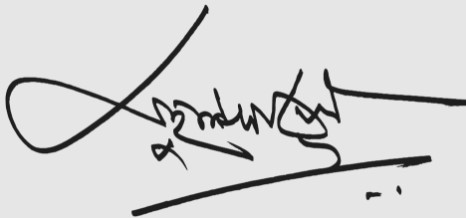 |
| Nationality | Bangladeshi |
| Hometown | Chittagong, Bengal, British India |
| School | • Primary education from Lamabazar Government Primary School, Sylhet, Bangladesh • Matriculation from Chittagong Collegiate School, Bangladesh |
| College/University | • University of Dhaka, Bangladesh • Vanderbilt University, Nashville, Tennessee |
| Educational Qualification(s) | • B. A. (1960) and M. A. (1961) from University of Dhaka, Bangladesh • Ph. D. from Vanderbilt University, Nashville, Tennessee (1971) |
| Religion | Islam |
| Caste | Muslim Saudagars |
| Controversies | Yunus and Grameen Bank's Operations • On 27 January 2011, Yunus faced a food adulteration case for producing yoghurt below the legal minimum fat content. • A 2012 independent commission report accused Yunus of misrepresenting his authority and raised questions about Grameen Bank's operations and management of its assets. • Yunus has faced 174 lawsuits in Bangladesh including labour law violations and corruption, which he claimed were politically motivated. • Sheikh Hasina's government has launched trials against Yunus, citing age and earnings issues. • On 1 January 2024, Yunus was sentenced to six months in prison for labour law violations but was granted bail pending appeal. |
| Social Media | • Instagram • YouTube |
| Relationships & More | |
| Marital Status | Married |
| Family | |
| Wife/Spouse(s) | • Vera Forostenko Yunus (m. 1970 - div. 1979) (died in 2017) • Afrozi Yunus (a researcher in physics and a professor at Jahangirnagar University) (m. 1983) 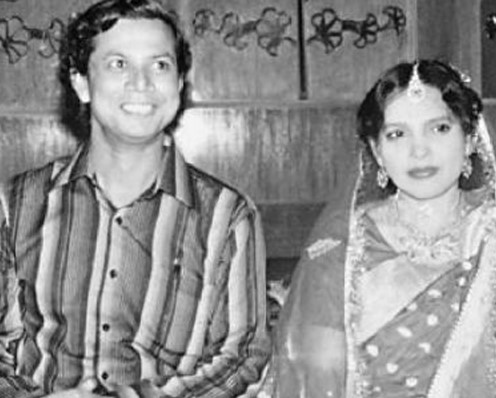 |
| Children | Daughters- 2 • Monica Yunus (from first marriage) (American musician) 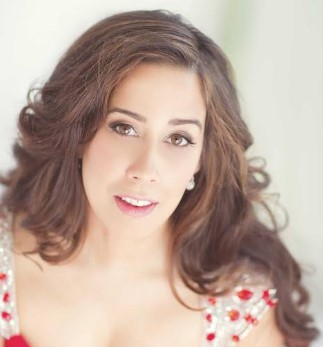 • Deena Afroz Yunus (from second marriage) 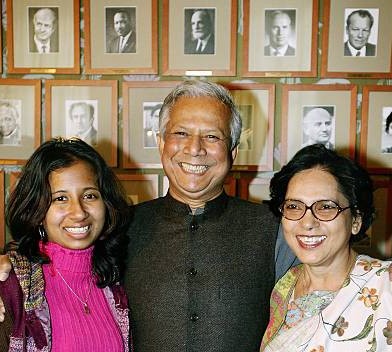 |
| Parents | Father- Haji Dula Mia Soudagar (jeweler) Mother- Sufia Khatun |
| Siblings | Brothers • Muhammad Ibrahim (a professor of physics, founder of the Center for Mass Education in Science) 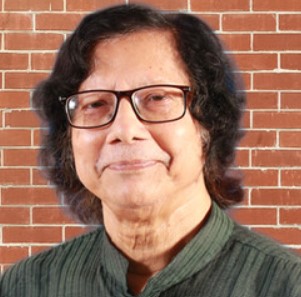 • Muhammad Jahangir (a television presenter and social activist) |
Some Lesser Known Facts About Muhammad Yunus
- In 1944, his family moved to Chittagong City from Bathua village in Bangladesh. By 1949, his mother had a mental illness.
- Muhammad Yunus ranked 16th out of 39,000 students in East Pakistan in his 10th class.
- As a Boy Scout, he travelled to West Pakistan and India in 1952 and to Canada in 1955 for Jamborees.
- While studying at Chittagong College, he actively participated in cultural activities and dramas and won awards.
- After completing his graduation, Muhammad Yunus worked as a research assistant at the Bureau of Economics.
- In 1961, he became an economics lecturer at Chittagong College. During the same time, he started a packaging factory.
- Muhammad Yunus received a Fulbright scholarship in 1965 to study in the United States.
- He served as an assistant professor of economics at Middle Tennessee State University in Murfreesboro, Tennessee, from 1969 to 1972.
- After his marriage ended with Vera Forostenko, she claimed that Bangladesh was not a good place to raise a child and returned to New Jersey.
- During the Bangladesh Liberation War in 1971, he founded a citizen’s committee, supported liberation, and worked at the Bangladesh Information Center.
- After the war, Muhammad Yunus joined the Planning Commission, a government organisation. He then joined as the head of the Economics department at Chittagong University.
- Later, he designed a rural economic program after the 1974 famine and proposed the Gram Sarkar (village government) program to the government. The government adopted his Gram Sarkar idea; however, it was declared illegal in 2005.
- In 1974, he released a book titled ‘Three Farmers of Jobra.’
- In 1976, during his visit to the poorest households in Jobra near Chittagong University, he learnt that small loans could make a big difference to poor people.
- Muhammad Yunus noticed that village women, who made bamboo furniture, had to take high-interest loans to buy bamboo, repaying their profits to lenders.
- He researched that traditional banks did not want to make small loans to the poor due to high default risks.
- He believed the poor would repay if given a chance. He thought microcredit was the easiest example. He then lent $27 to 42 women in the village, who each made a profit of $0.02 from the loan.
- In December 1976, Muhammad Yunus took a loan from Janata Bank to lend to the poor people in Jobra. The institution continued to secure loans from other banks for its projects. By 1982, it had 28,000 members.
- On 1 October 1983, it became a full-fledged bank for poor Bangladeshis, named Grameen Bank (‘Village Bank’).
- In the late 1980s, Grameen Bank began working with underutilized fishing ponds and irrigation pumps.
- In 1989, these projects became separate organizations named Grameen Fisheries Foundation and Grameen Agriculture Foundation.
- Grameen grew into a group of ventures including Grameen Trust, Grameen Fund, Grameen Software Limited, Grameen CyberNet Limited, Grameen Knitwear Limited, and Grameen Telecom.
- Later, the Grameen Social Business Model was adopted by many universities, entrepreneurs, and corporations worldwide.
- In 1999, he published the book ‘Banker to the Poor: Micro-Lending and the Battle Against World Poverty.’
- Muhammad Yunus became the first Bangladeshi to receive a Nobel Prize in 2006.
- Soon after receiving the Nobel Prize, he announced that he would use part of the $1.4 million award money to create a company to make low-cost, high-nutrition food for the poor, establish Yunus Science and Technology University in his home district, and set up an eye hospital for the poor in Bangladesh.
- During the same time, former U.S. President Bill Clinton praised Yunus in Rolling Stone magazine and his autobiography ‘My Life.’
- In 2006, he established the Yunus Centre in Dhaka.
- He is one of only seven people to have won the Nobel Peace Prize, Presidential Medal of Freedom, and Congressional Gold Medal.
- On 11 January 2007, Army General Moeen U Ahmed led a military coup in Bangladesh. Muhammad Yunus declined the offer to become the Chief Advisor of Bangladesh and recommended Fakhruddin Ahmed for the role. Fakhruddin took office on the same day, focusing on organizing a free and fair election while dealing with corruption.
- Yunus was satisfied with Ahmed’s leadership, while Sheikh Hasina criticized Fakhruddin’s approach.
- On 18 February 2007, he announced his intention to launch a political party called Citizens’ Power (Nagorik Shakti). However, he decided to quit his political plans on 3 May 2007 after he met Fakhruddin Ahmed, the then interim government head of Bangladesh.
- He had a long professional relationship with Sheikh Mujib and his daughter Sheikh Hasina. Their relationship soured in 2007 when Yunus tried to form a political party.
- In 2007, the Government of Bangladesh issued a postal stamp in his honour.
- He has delivered lectures at various organisations worldwide and appeared on many popular television shows such as The Daily Show, The Oprah Winfrey Show, The Colbert Report, Real Time with Bill Maher, and The Simpsons.
- Once, he was one of the most followed people on Google+ with over two million followers.
- Yunus is a member of an organisation named Africa Progress Panel (APP), which supports equitable and sustainable development in Africa.
- In January 2008, a city named Houston in Texas declared 14 January as ‘Muhammad Yunus Day.’
- In July 2009, Yunus was appointed to the International Advisory Board of the SNV Netherlands Development Organisation to reduce poverty in his country.
- He has served as a Commissioner for the Broadband Commission for Digital Development, a UN initiative focused on using broadband internet to boost social and economic development.
- In December 2010, Muhammad Yunus faced allegations in a documentary called ‘Caught in Micro Debt,’ claiming he misappropriated $100 million from Grameen Kalyan. The Norwegian government later cleared him of these allegations.
- On 11 January 2011, the second Sheikh Hasina ministry announced an inspection into Grameen Bank’s activities.
- On 15 February 2011, Bangladesh’s Finance Minister Abul Maal Abdul Muhith stated that Yunus should stay away from Grameen Bank during the investigation.
- The Bangladeshi government began a three-month investigation of Grameen Bank’s activities in March 2011.
- On 2 March 2011, Muzammel Huq, a former Bank employee of the bank was appointed as the chairman by the government. It announced Yunus’s dismissal as managing director.
- Yunus appealed in a High Court in March 2011 and challenged the legality of his dismissal by the Bangladeshi Central Bank. On 8 March 2011, the court confirmed his dismissal.
- Reportedly, the investigations into the Grameen Bank were suspected to be politically motivated due to his tense relations with Sheikh Hasina as Yunus failed to launch a political party in 2007.
- In March 2016, UN Secretary-General Ban Ki-moon appointed him to the High-Level Commission on Health Employment and Economic Growth. The commission was co-chaired by French President François Hollande and South African President Jacob Zuma.
- During the 2024 Bangladesh quota reform movement protests, Yunus supported the students and criticized the government.
- In August 2024, after Sheikh Hasina resigned and moved to India, Bangladesh President Mohammed Shahabuddin appointed Yunus as the transitional leader of the interim government.
- In September 2024, he visited the United States of America, where President Joe Biden met him and offered his complete support to him and the Government of Bangladesh amidst the unrest.

